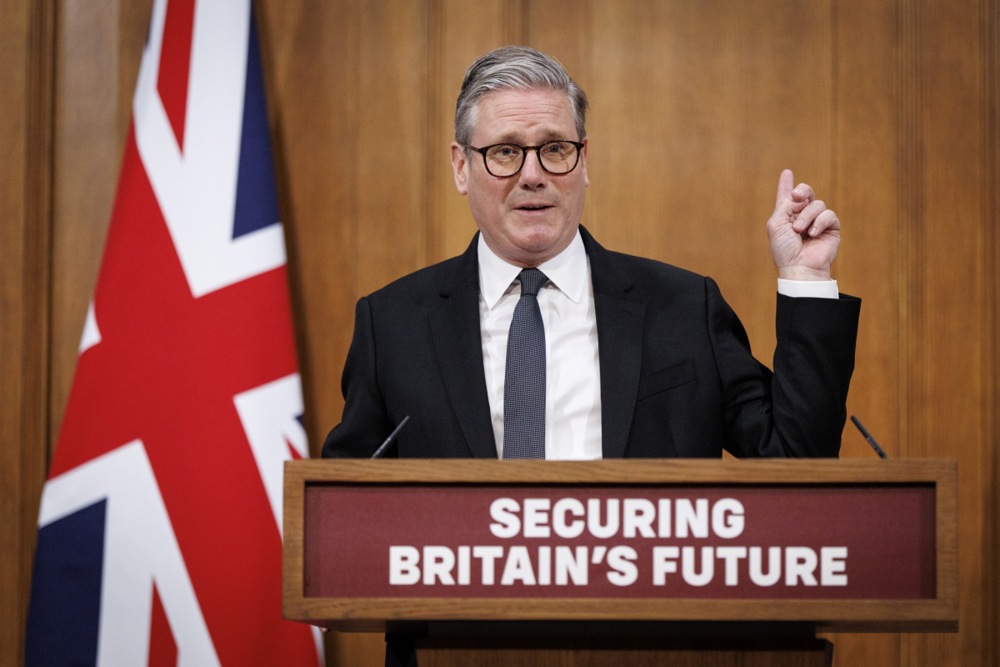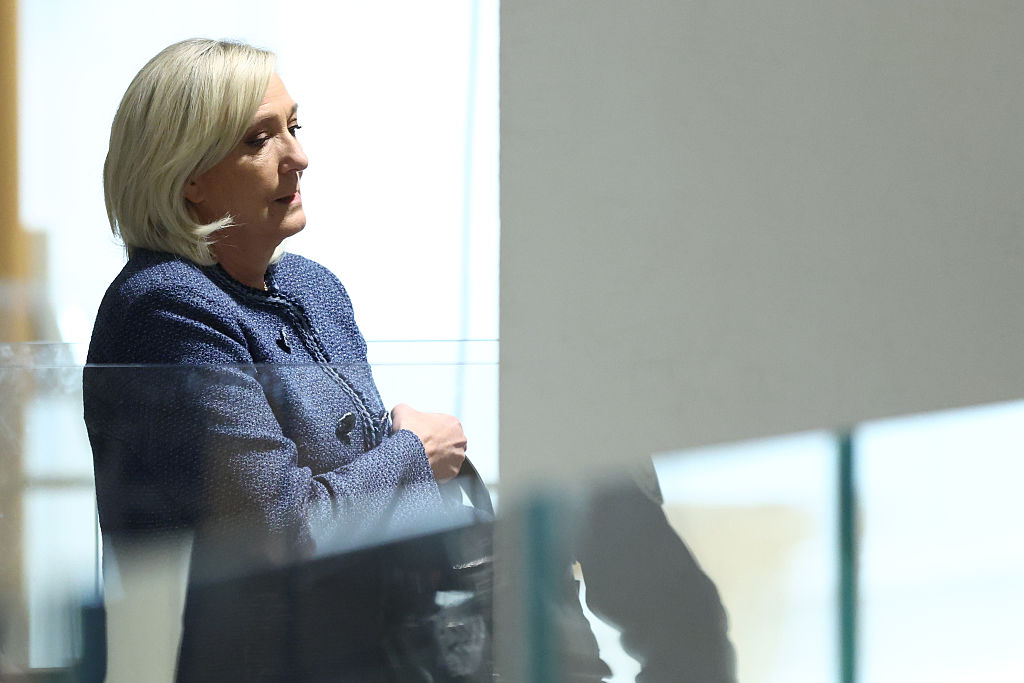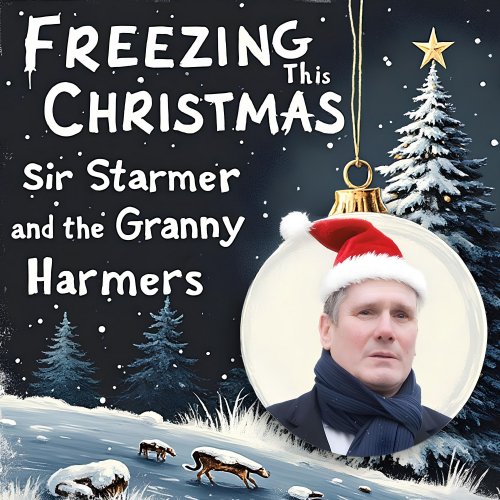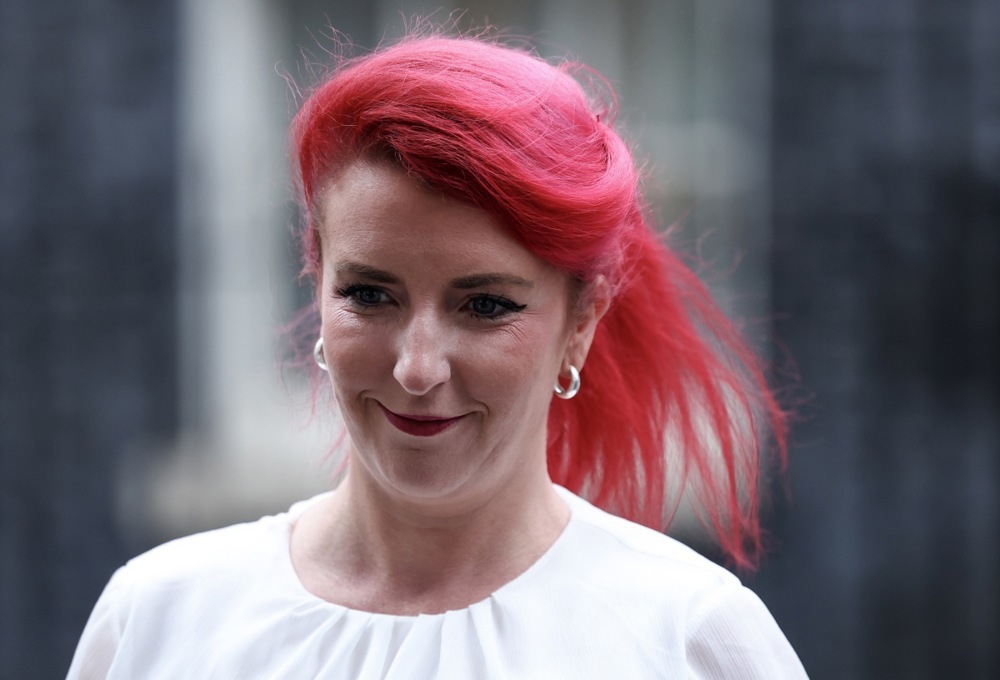The British Government’s much-vaunted national inquiry into grooming gangs has plunged into disarray, with four sex-abuse survivors resigning from its victims and survivors liaison panel.
Their move came amid accusations of political interference, a “toxic environment” and suspicions of a deliberate cover-up.
The resignations, which began October 20, have exposed deep rifts between survivors and the Home Office, threatening to derail the probe announced by Prime Minister Keir Starmer in June.
Fiona Goddard, a survivor from Bradford who has waived her anonymity and Ellie-Ann Reynolds, abused in Rotherham, were the first to step down.
They lambasted officials for “condescending and controlling language” towards victims and alleged attempts to broaden the inquiry’s scope beyond group-based child sexual exploitation by predominantly Pakistani-heritage gangs.
Goddard described the panel as a “fearful” space where survivors felt silenced, while Reynolds decried “manipulation and gaslighting” in efforts to downplay the racial and religious motivations behind the abuse.
Goddard spoke about “secretive conduct” with instances of “condescending and controlling language” used towards survivors.
Yesterday, two more survivors also left.
“Elizabeth”, speaking anonymously due to court protections, cited similar frustrations, while “Jessica” – also not her real name – told GB News the probe risked dilution by encompassing wider child sexual abuse issues, contrary to Baroness Louise Casey’s recommendation for a targeted statutory inquiry.
According to victims, the Labour government has not only downplayed the perpetrators’ ethnic background but also sought to shift attention away from the Labour-led councils implicated in the abuse.
The panel, managed by anti-grooming-gang charity NWG and comprising around 30 survivors, was intended to shape the inquiry’s terms of reference and chair selection.
Instead, it has become a flashpoint, with victims claiming they were barred from interviewing shortlisted chair candidates and that non-grooming gang survivors dominated discussions on expansion.
Compounding the crisis, social worker Annie Hudson withdrew as a contender for chair yesterday, blaming “intense media coverage”.
Jess Phillips, Parliamentary Under-Secretary of State for Safeguarding and Violence Against Women and Girls, has faced calls to resign after survivors branded her denials of dilution “blatant lies”.
On October 20, she had sent a letter to the Commons’ Home Affairs Select Committee insisting it was “untrue” ministers were seeking to widen the inquiry remit.
News media, though, reported on new evidence showing members of the liaison panel who were explicitly asked by officials to widen the scope of the inquiry, which is seen as an attempt to water-down the whole process.
Shadow Home Secretary Chris Philp accused the government of “sabotaging” the process, while Conservative leader Kemi Badenoch demanded a fully independent, judge-led alternative.
Home Secretary Shabana Mahmood insisted today that the inquiry “will never be watered down” and would remain “laser-focused” on grooming gangs, vowing “no hiding place” for perpetrators or failing institutions.
Cabinet colleague Emma Reynolds apologised for any sense of let-down among victims, emphasising their central role.
A Home Office spokesperson reiterated commitment to a “robust” review, with chair appointment imminent.
The scandal has garnered renewed scrutiny thanks to Elon Musk’s vocal interventions earlier this year.
In January, the X owner, leveraging his 211 million followers, unleashed a barrage of posts accusing Starmer of complicity in abuse situations during his time as director of public prosecutions (2008-2013), claiming he overlooked “mass rapes” for votes.
Musk branded Phillips a “rape genocide apologist” over Labour’s initial rejection of a national inquiry.
His tirades, which included calls to jail officials and free right-wing political activist Tommy Robinson, forced Starmer to defend his record – including pioneering the first major grooming gang prosecutions.
Regarding the ongoing inquiry, Goddard urged swift action: “This must confront uncomfortable truths, not evade them.”
With terms of reference still undecided four months in, questions mount over whether Labour can salvage a process already marred by effectively self-inflicted wounds.





